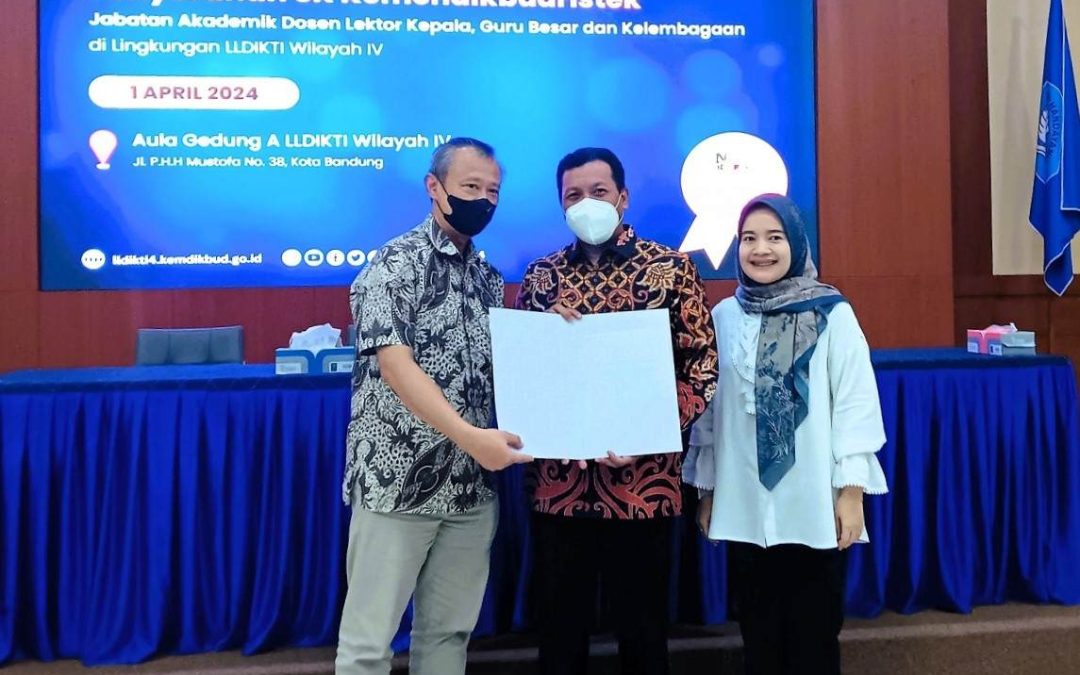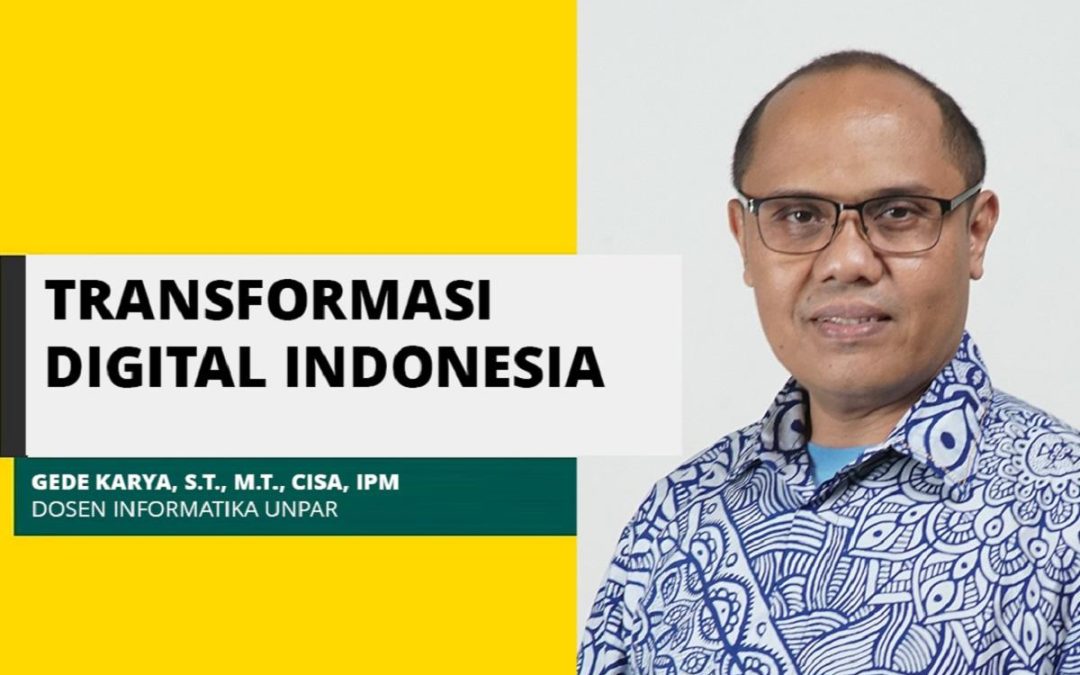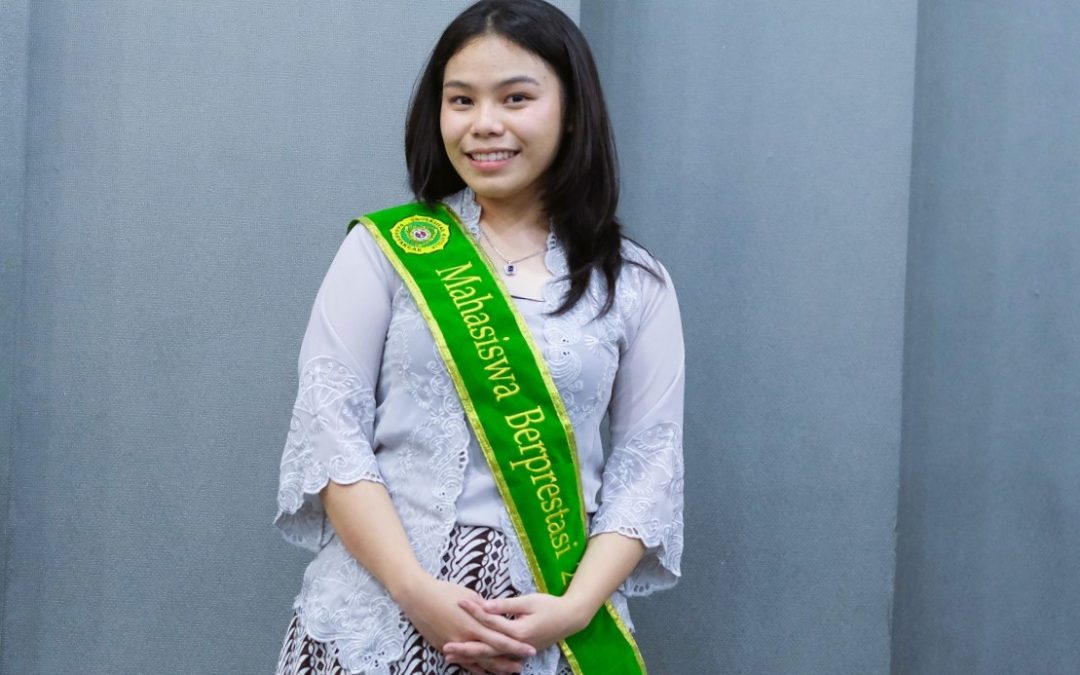It is impossible to talk about the academic world without involving the term “discussion”. Discussion itself refers to a scientific meeting, when there is a process of exchanging of ideas between individuals related to certain issues. Discussion becomes a vessel/medium as well as a process for science to develop into something more comprehensive.
Discussion becomes crucial, related to its role in the process of scientific exchange. Discussion is a two-way process of communication, in which each individual has the same right to express thoughts and views regarding an issue. Of course, this process must be accompanied by scientific thought, which is based on appropriate theory, as well as established facts. Without it, discussion is just plain conversation, even potentially becoming an endless debate.
For the academic community of Parahyangan Catholic University (Unpar), discussion has become one of the important activities in its daily life. This is not only shown in the lecture process, but also in the activities of student affairs. Even today, more and more discussion and seminar activities are managed directly by students, either through the Student Council Presidency, the Study Program Student Association, and other student organization.
Awakening the culture of discussion
More than just generating discussion activities within the campus, Unpar students are actively spreading this culture to other fellow students. An example of this is the International Issues Student Studies Review Group (KSMPMI), International Relations student organization at Unpar, that is engaged in the study of issues and phenomena of international relations.
For this study group, the discussion has become the main activity in the organization. KSMPMI regularly holds discussion activities for Unpar students, related to topical and interesting global issues. The topics are very diverse, ranging from the world’s important political policies and events, humanitarian issues, to exploring international phenomena in various forms of contemporary culture, such as films. The diverse and typical r current issues raised through a serious but relaxed academic discussion process are of great interest to HI Unpar students. It also encourages them to be actively involved in the discussion process.
Last April, KSMPMI invited HI students from various universities in the greater Bandung area, in an activity entitled “Bandung Conference for IR Scholars (BCIS)”. This activity brings new concepts to HI student meetings, by reintroducing the culture of academic discussion to them.
BCIS appoints various themes that are adapted to national and international dynamics, as well as having links to HI studies. One of them deals with the development of maritime mindset (Maritime Mindset) as an extension of the realization of maritime axis initiated by President Joko Widodo. Indonesia, as a maritime country, must develop a mindset based on the sea, instead of being land-oriented. This is important in upholding the sovereignty of the state as the world’s foremost maritime power.
In addition, the issue of ‘media bias’ is also an interesting topic in the BCIS panel discussion. Openness and ease of access to today’s information provide various advantages as well as negative impacts for the community, especially in Indonesia. One of the impacts is the emergence of media bias, which can threaten the integrity of the Indonesian nation. In line with the issue, cyber security becomes one of the aspects affected by advances in information and communication technology.
These three issues are part of the topics raised in the organization of this inaugural BCIS. With the panel discussion format, BCIS participants have unique and different opportunities in discussion activities, one of them because the discussion process requires everyone to bravely express their views on the issues discussed, in this case, international ones. Through the discussion, various points of view will be encountered, thus providing a complete and objective picture of an issue, and facilitating the resolution of the issue.
BCIS activities initiated by KSMPMI Unpar is one example of a program that students participate in to re-familiarize the discussion process. This is important, because discussion is a tool for developing scientific thinking, and the contribution of thought in response to complex contemporary phenomena.
Source: KOMPAS – Griya Ilmu (Tuesday, 20 June 2017)








